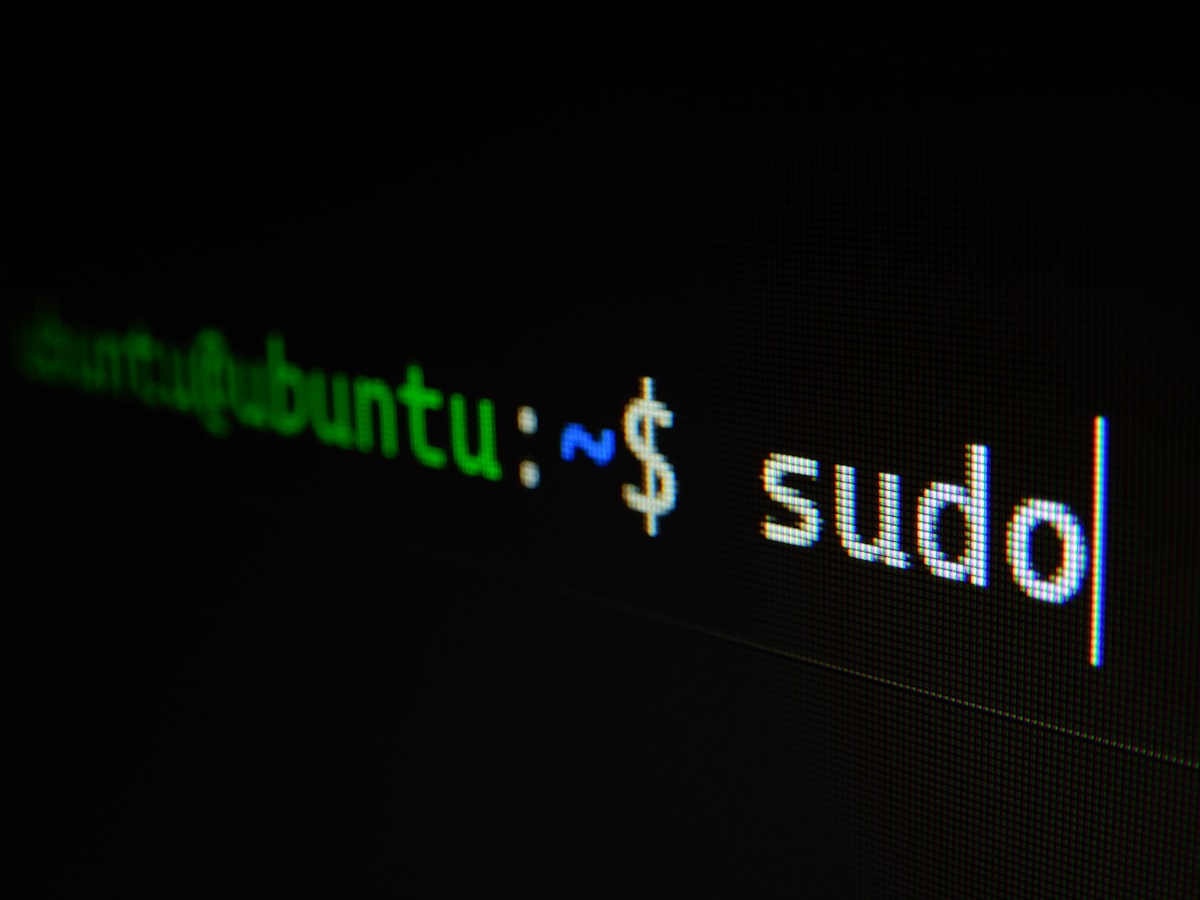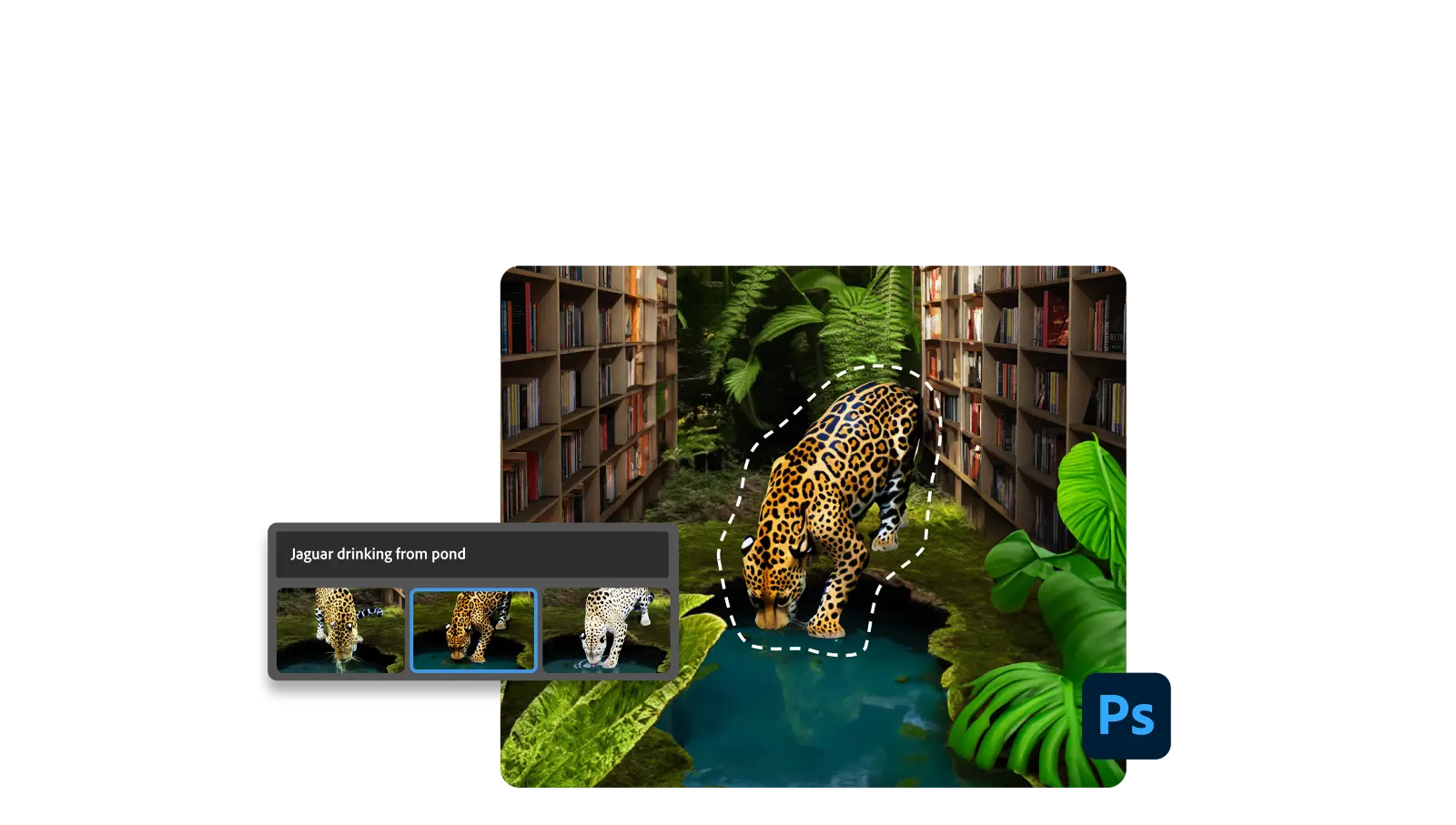What makes switching to GNU Linux almost impossible for many?

In this blog, NixSanctuary, we try to highlight GNU/Linux and other Free/Libre Software in various cases from a personal and business point of view, but now it's time to look at another angle. Migrating to GNU/Linux is difficult or almost impossible for home users and small businesses. For large companies it's easier, good finances allow them to hire programmers and write the necessary software, drivers or middleware, as Valve Corporation did with the Linux graphics stack, Proton and DXVK.
Vendor-locked ecosystems
Large companies often create proprietary applications with a closed format, requiring users to buy their software to use that format if a compatible open source application isn't available. The most popular examples don't need advertising:
- Microsoft Office
- Adobe Photoshop
- Autodesk AutoCAD
Adobe Suite

Adobe Inc., is widely known American company through the flagship products:
- Adobe Photoshop
- Adobe Illustrator
- Acrobat DC
- Adobe Flash Player
Two of the latter aren't actual anymore: Adobe Flash Player reached end-of-life status on December 31, 2020, and HTML5 is advanced enough to replace it completely. Acrobat DC is still popular, and many open source applications support the PDF format with advanced features such as creating, editing, annotating, and drawing.
Photoshop, Illustrator - that's a completely different story, they're much more integrated into Adobe Creative Cloud and subscription-based usage makes that integration tighter: users get many tools for a single paycheck and it's both convenient and more anti-independent behavior.
Alternatives - first of all it's Figma - cloud solution, works in browser and as Electron app. The open source applications like Krita or GIMP exist, but use in production is very questionable 'cause limited functional. GIMP has been trying for many years to add CMYK color model support, but failed several times. And we haven't even started to talk about AI-based neural filters or advanced plugins.
As a real video editor alternative we must tell about DaVinci Resolve - advanced video editor with many options, ready for enterpise usage and more than enough to edit some personal video clips.
There have been many petitions on Adobe websites for Linux support for many years, but they've all been ignored, unfortunately. Well, thanks to Figma, we have a real Adobe competitor today, and I'm asking you to ignore Adobe as much as you can.
Apple

Apple has been focused on hardware-related business for many years, and only recently started to offer advanced cloud services. On the mobile platform they have a single competitor called Android, on the desktop it's Windows and Linux.
It's also an ecosystem-based business like Adobe, with well-integrated hardware and software. Smartphone, Wi-Fi router, TV box, laptop - all work together and work better than Android, in my personal opinion.
But replacing all Apple products at home with Google is not the right way, it's like copying the wrong monolithic approach. Moving from Macbook to Chromebook might be worth it, but not the whole ecosystem - it's much better to have hardware with open source firmware and intergate it all what you want or hire someone capable to do it.
Let's talk about unique Apple software:
- Logic Pro - digital audio workstation, the industry standard. Hard to replace, see open source Ardour and proprietary REAPER on Linux.
- XCode, IDE that comes as part of MacOS, hard to replace if you want to create applications for iOS, iPadOS, watchOS and tvOS.
- iMessage is a very popular video, audio and text chat app, also only works on Apple devices - we will cover Messenger details below.
Hardware note: iPad is very well integrated with desktop OS to work as a secondary monitor, never seen anything comparable in Google or Microsoft products.
Messengers
Messengers are very popular software. We use them to connect with people we love and sometimes hate, parents, coworkers, neighbors, and spam bots. I can be a sports team, church or music club. Some of them work well on Linux or on web platform, but most of them are locked via phone number and one of two mobile OS - not too hard to guess them both.
Whatsapp - Thanks, Zuck, for painful desktop user experience

Well, there's no point in writing an introduction to Whatsapp. 2 billion users, the most popular messenger in the world. But if you want to use Linux - prepare yourself for problems, because there's no official client and:
- Whatsapp doesn't work without a cell phone.
- Even if you use Whatsapp Web from desktop or mobile app, you need to run Whatsapp on original mobile device once every 12 days.
- No backup on Whatsapp Web, you closed the browser app - goodbye.
- No alternative clients, Facebook use legal action to ban them. There are several wrappers around Whatsapp Web, but they're not independent and need a mobile app to work.
There's the matrix-whatsapp bridge and the Beeper application, which is based on the matrix protocol and supports many other messengers.
iMessage
iMessage - another messenger, made by Apple and only works on Apple devices. This is much more problematic than Whatsapp issues, because you literally need to buy a device to work with Apple software, the typical case of vendor lock-in.
Work, school, college, hobby - all the most important contacts now depend only on messengers, so the Apple device must be on and connected to the Internet regularly to receive the messages and network video/audio calls. This can bring disruption to families and bullying in school groups 'cause not everyone is OK to swich to Apple just for ability to connect other people.

Surprisingly, a new app called Beeper Mini seems to be able to bring iMessage to Android. It supports full size photos and videos, also replies and reactions, and does not use any Apple devices in the middle.
Apple tried to block Beeper Mini and nothing stops them from doing it again, so it's hard to say how stable it will work. Anyway, I salute Beeper developers and with them good wind - Apple's monopoly on iMessage should be destroyed!
Expensive business software
When we talk about business applications, the first name that comes to mind is SAP - enterprise software for managing business operations and customer relationships. They provide a lot of software to probably all types of businesses and have multi-billion dollar revenues. SAP works very well on Linux: support for Red Hat Enterprise Linux, SUSE and Oralce Linux.
One simple detail: the pricing is not cheap. For example, SAP Business ByDesign [costs] (https://www.sap.com/products/erp/business-bydesign/pricing.html) $21 per month for the self-service package and $1685 per month for the full package.
And Linux had no viable alternative to SAP. GNU Cash is good, but far from enterprise level.
Gaming - Tom Sweeny Factor
Thanks to Valve, Steam, WineHQ, gaming on Linux is on the rise, except for one small problem - anticheat systems. Some games can immediately ban you if you're on Linux.
Also, some crazy people don't like Linux (of course they'll tell you how they love Linux) and prevent their games from running on it - welcome Epic Games CEO Tim Sweeney:
Why is Fortnite still not playable on Steam Deck?
If we just had a few more programmers. It's the Linux problem. I love the Steam Deck hardware. Valve has done an amazing job with it; I wish they would get to tens of millions of users, then it would actually make sense to support it.
Engineering Software
Linux has really powerful application in engeniering area:
- FreeCad - parametric 3D modeler.
- KiCad - open source electronic design automation suite.
- Blender - rendering, simulation, VFX, video editing and much more.
Some industry standard applications like Solidworks, AutoCAD, Autodesk Revit don't have a Linux version, if you are looking for an engineering job it can be hard to avoid them.
Medicine
In medicine, software is often strongly connected to hardware, so Linux is a host for mostly proprietary applications. Among well-known projects here is Debian Med, which collects known Linux medical software.
Political Aspect - The Berlin Case
Long story [short] (https://www.infoworld.com/article/2663895/berlin-says--nein--to-open-source-migration.html):
- The city government of Berlin decided to switch to open source software.
- They hired some people and created a Linux distribution.
- After some time they cancelled everything and signed a new contract with Microsoft.
This feels crazy to many people, but be realistic - Linux and FOSS can be traded just like fruit in your local supermarket. Just cancel the deal, sign another deal to improve your position, and go back to the original deal at a much lower price - something like this often works in the real world, the cynical, cold approach.
Mental blockers
Small personal issues often prevent Linux expansion from moving forward. Many people believe crazy things they heard on Youtube from inappropriate influencers:
-
Microsoft is too big and rich, so Windows is better.
-
Linux is too complex, it's very hard for old people to use.
-
Linux is only for techies.
-
Linux is bad for business.
-
Linux is not for gamers!
-
You need to know a gigaton of commands to use Linux.
-
Linux does not have enough applications.
-
Linux is only for servers.
-
Linux is very fragmented.
-
Linux doesn't run on smartphones, so we need to use Android.
And many more crazy sentences like that. We encourage you to find the truth and don't trade anything for heartlessness.




